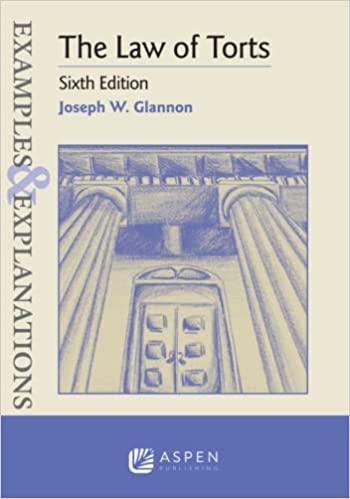Question
am challenged in answering the following questions understand this Christian Felzensztein is an associate professor of marketing at the Business School, Universidad Adolfo Ibaez, Santiago,
am challenged in answering the following questions
understand this
Christian Felzenszteinis an associate professor of marketing at the Business School, Universidad Adolfo Ibaez, Santiago, Chile. His main research interests are inter-organisational relations, social networks and inter-firm co-operation in regional clusters. He is currently leading a large research project and research network on industry clusters' competitiveness in Chile, http: www.clusterinnovation.com. His work has been published inIndustrial Marketing Management,Journal of Business and Industrial Marketingand MarketingIntelligence and Planning, a..n@uai.cl
Eli Gimmonis a senior lecturer at Tel-Hai Academic College, Israel and was a visiting professor at Universidad Adolfo Ibanez, Santiago, Chile. His interest in researching entrepreneurship and business strategy emerged from an extensive field experience including serial co-founding of two US-Israeli IT companies. Before that he practised intrapreneurship at the electronic defence company, Elbit Computers. His fields of research are entrepreneurship, inter-firm co-operation, SME business strategy and international marketing strategy. His work has been published inJournal of Economic Issues,Journal of Business and Industrial MarketingandVenture Capital-An International Journal of Entrepreneurial Finance, among o..n@megiddo.co.il
Sara Carteris professor of entrepreneurship and head of department at the Hunter Centre for Entrepreneurship, University of Strathclyde Business School, UK, and visiting professor at Nordland Research Institute, Bod, Norway. Her research focuses on entrepreneurship and the small companies sector, in particular issues relating to agriculture and rural development, gender and finance, and the economic well-being of entrepreneurs. Professor Carter is an editor ofEntrepreneurship Theory and P..r@strath.ac.uk
Question 1
What is the maintenance dose of phenytoin in seizures arising as a
complication of chronic renal failure?
Question 2
I know that the loading dose of phenytoin in status epilepticus is
20 mg/kg with an upper limit of 1000 mg but if the same situation arose
as a complication of chronic renal failure (on regular dialysis), should
this dose remain the same or be reduced? If reduced, what should the
dose be?
Question 3
1. What is the most effective antiepileptic for a patient with simple
partial motor status epilepticus who is not responding to a loading
dose of phenytoin?
2. How long does phenytoin, given in a loading dose, take to work?
Question 4
Is valproate effective if given rectally in status epilepticus and, if so, what
dose is recommended?
Question 5
In simple partial motor status epilepticus, if the patient does not respond
to diazepam and phenytoin, is it justifiable to proceed to anaesthetic
medication?
Question 6
What is the recommended upper limit dose of lamotrigine when
combined with both carbamazepine and valproate?
Question 7
Is a valproate-lamotrigine combination more effective than
carbamazepine on its own against partial seizures?
Question 8
Why is the incidence of parkinsonism less common in smokers?
Question 9
Is it recommended to start the treatment of parkinsonism with dopamine
agonists alone in elderly (over 60 years old) patients, and to delay using
L-dopa until the disease has progressed much further? Is there a rationale
for this protocol in younger patients?
Question 10
Does amantadine increase the endogenous release of dopamine, thus
aiding early treatment of parkinsonism?1101120
Step by Step Solution
There are 3 Steps involved in it
Step: 1

Get Instant Access to Expert-Tailored Solutions
See step-by-step solutions with expert insights and AI powered tools for academic success
Step: 2

Step: 3

Ace Your Homework with AI
Get the answers you need in no time with our AI-driven, step-by-step assistance
Get Started


